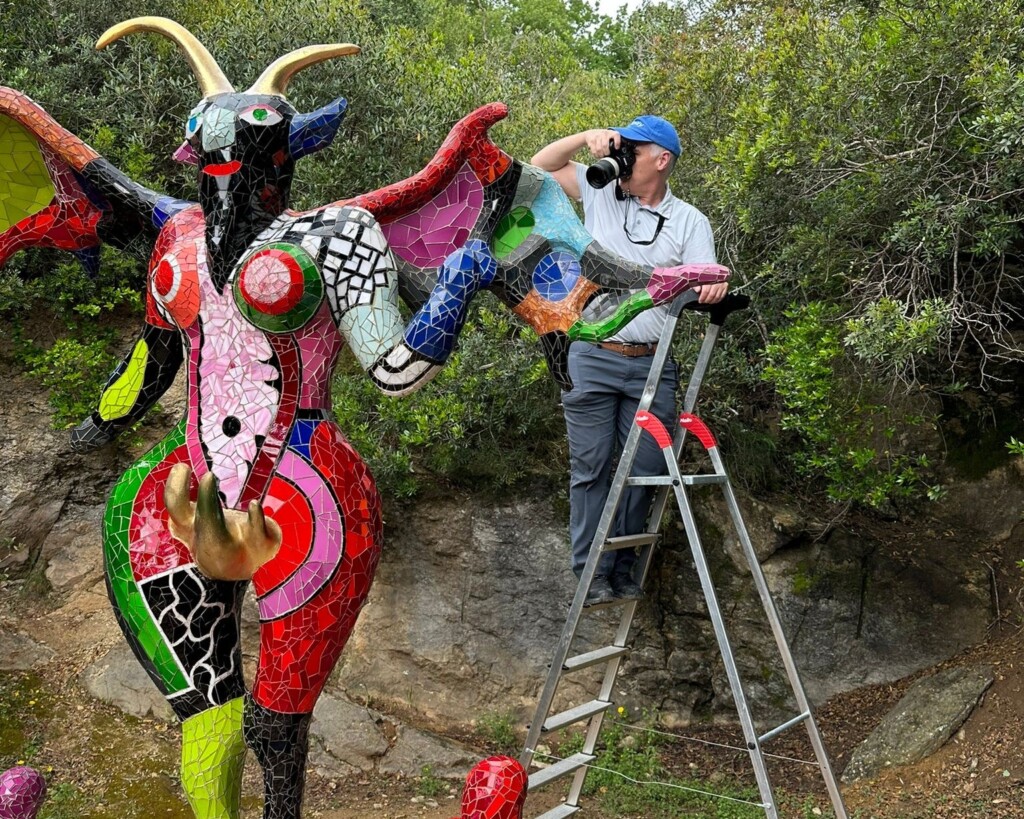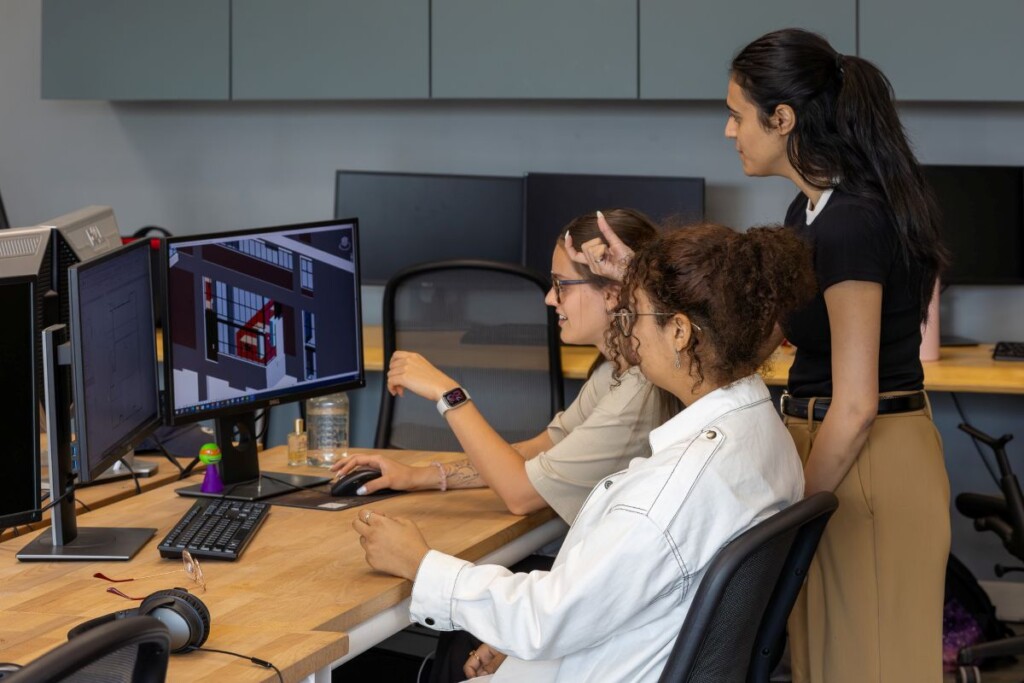First Canadian UNESCO Chair Supporting World Heritage Convention Based at Carleton University
Canada’s first UNESCO Chair supporting the World Heritage Convention has been awarded to Carleton University researcher Mario Santana Quintero, who is developing new technologies to conserve and protect our world’s heritage assets from natural and human-made elements.
UNESCO chairs represent a team at a research institution that partners with the United Nations organization, UNESCO, to advance knowledge and practice in an area of common priority. Santana Quintero, as the UNESCO Chair for Digital Twins, will mobilize efforts to design and implement digital twins tailored for the conservation of World Heritage in the context of climate change.
“Carleton’s Chair, one of about 40 in Canada and 1,000 worldwide, represents an interdisciplinary effort to harness digital innovation for heritage conservation and advancing global sustainability goals,” said Rafik Goubran, Vice-President (Research, Innovation and International). “We anticipate the new UNESCO Chair in Digital Twins will enhance Canada’s engagement in the World Heritage Convention”.
Based at the Carleton Immersive Media Studio, Santana Quintero, an architectural conservation and sustainability engineering professor in the Faculty of Engineering and Design, will co-lead an international team with Verónica Heras Barros of the University of Azuay, located in Cuenca, Ecuador. Together, they will direct researchers at 16 institutions spanning six continents, working in countries such as Chile, Ghana, South Korea, Italy and New Zealand.
Mario Santana Quintero captures data for computer processing to record the state of conservation of a sculpture garden in Italy.

Also contributing to the research team are Carleton researchers Stephen Fai (Azrieli School of Architecture and Urbanism), Susan Ross (School of Indigenous and Canadian Studies) and Bora Pulatsu (Department of Civil and Environmental Engineering).
The team is incorporating methods from engineering, design and architecture to create digital twins, an emerging approach to preserving global heritage assets using dynamic 3D virtual replicas that integrate diverse data streams.
Carleton Immersive Media Studio students work on computer processing of images to create digital twins of real-world assets and environments.

Students from a range of disciplines will also engage in the highly interdisciplinary and international environment, including architecture, systems and computer engineering, Canadian studies, and public policy and administration.
This Chair will enable the exchange of knowledge and the development of valuable skills in heritage conservation, as the team works to preserve both cultural and natural heritage.
More Carleton research news: